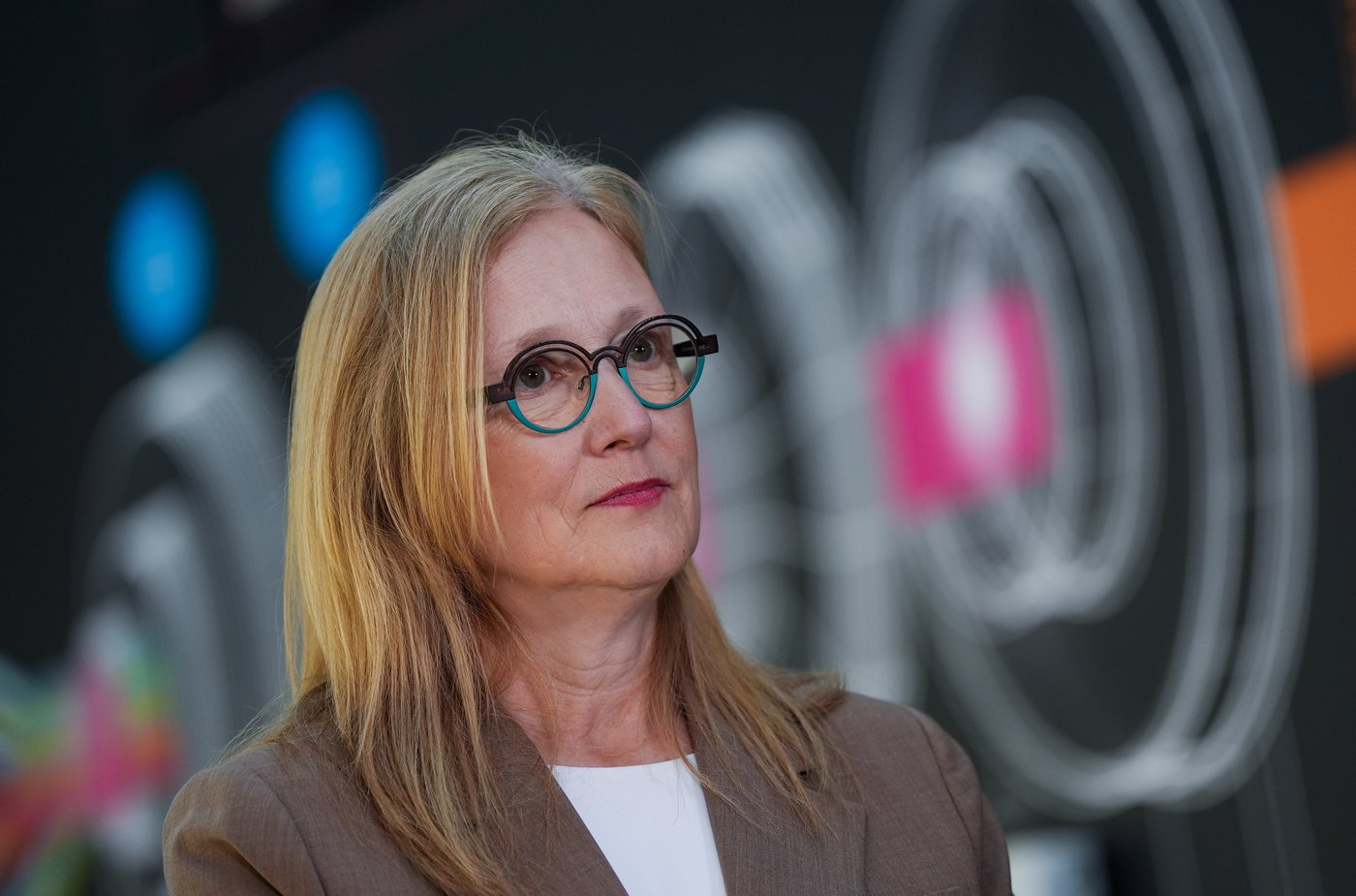Elevate your local knowledge
Sign up for the iNFOnews newsletter today!

VICTORIA — B.C. Finance Minister Brenda Bailey says government’s plan to find $1.5 billion in savings over three years won’t be enough to “start bending the curve towards balance” as the province forecasts an unprecedent deficit of $11.6 billion.
Bailey was part of a panel at the Union of British Columbia Municipalities annual convention in Victoria, saying the savings estimate is “really a placeholder number,” as the government works on a complex process to find ways to bring down the deficit and the debt, which is expected to reach more than $212 billion in two years’ time.
Bailey says this work “is not optional” because if both figures continue to rise, B.C. will have “less money to spend on things like hospitals and infrastructure” and other things that “matter deeply” to municipalities and residents.
Bailey says that B.C. has taken steps to grow the economy, with two out of the five recently announced projects of national significance located in B.C., adding that the province is also “unlocking” other opportunities in the resource sector, while building on existing and emerging sectors like the provincial life-science sector among others.
David Williams, vice-president of policy for the Business Council of British Columbia, says he doesn’t see any plan to get the deficit under control, adding that B.C.’s financial state is “unravelling at a breathtaking speed” while government has not done enough to improve productivity and grow the economy over the past years.
Warren Lovely, managing director with National Bank Financial, says there is “no quick, easy fix” for B.C.’s deficit, which is the largest in Canada, and adds that government needs to revise tax rules and regulations, because the current economic circumstances represent an “existential threat” to the provincial economy that won’t be over as fast as COVID-19.
Tamara Vrooman, president and CEO at Vancouver International Airport, says the province runs the risk of losing its “hard-won reputation” for being an economic leader, adding that new emerging sectors are “simply not big enough to overcome the headwinds” facing the province.
All speakers agreed the provincial economy needs to change, and Lovely agreed with Williams, who says that the American tariffs imposed by U.S. President Donald Trump are a “wake-up call” for B.C.
This report by The Canadian Press was first published Sept. 23, 2025.
Want to share your thoughts, add context, or connect with others in your community?
You must be logged in to post a comment.